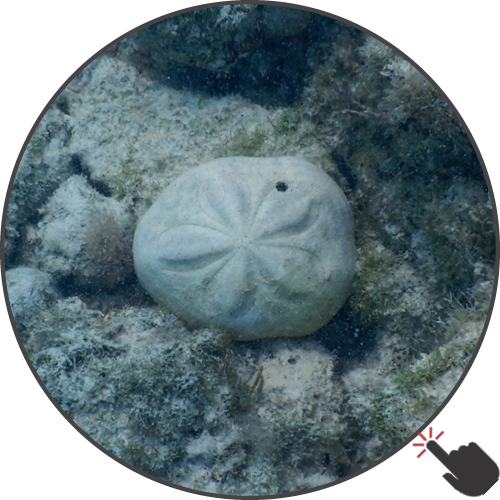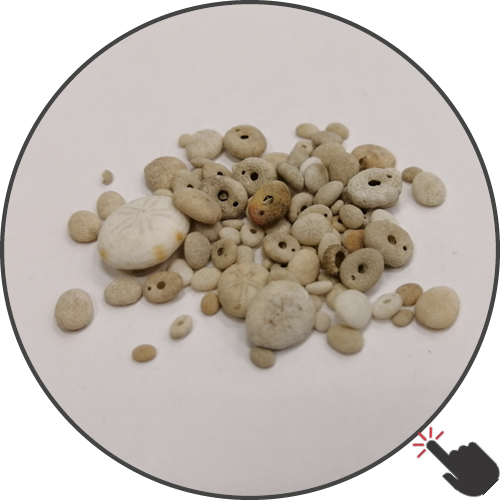Southwest Florida Fossil Society Project
Biotic interactions in Cenozoic dwarf-urchins of Florida.
Dwarf-urchins are echinoids including the genera Echinocyamus and Fibularia. These minute echinoids are known to burrow through the sediment. Although they are typically less than 15 mm in size, they are considered by some carnivorous gastropods as a preferred meal. Their small test size and structurally reinforces skeletons promote enhanced preservation of the tests after decease which can be abundandly found in the fossil sedimentary record and modern environments.The broad geographical distribution from polar to tropical regions and from shallow-water to deep-sea habitats combined with their abundance and their high preservation potential allow for detailed comparative analysis.
Previous research on Echinocyamus and Fibularia provide morphological details on how to identify predatory drill holes presumably caused by cassid gastropods. This allows an detailed assessment and analyses of these echinoids throughout the Cenozoic.
This project supported fieldwork during 2019 to obtain Floridian dwarf-urchins for comparative analysis.


